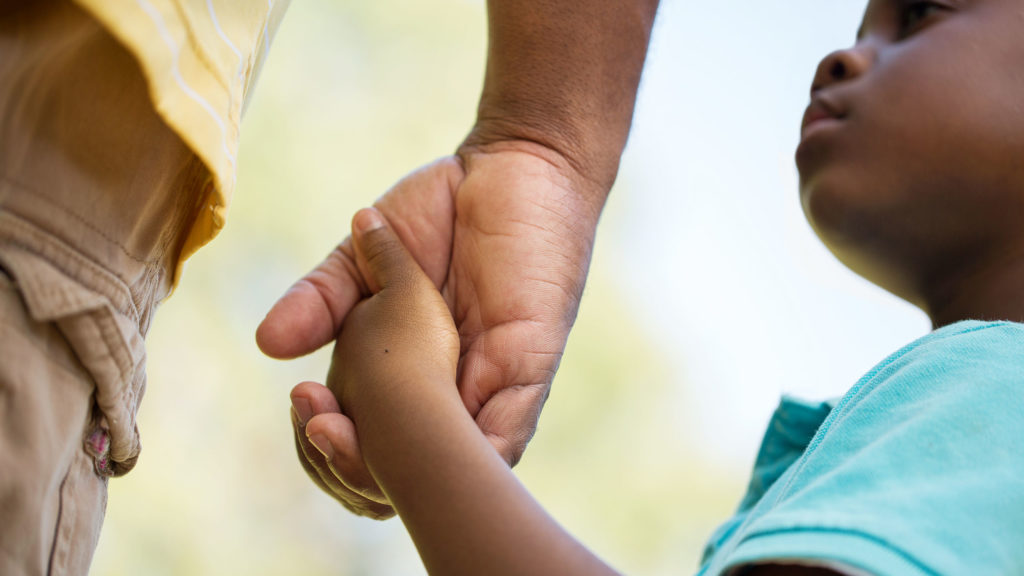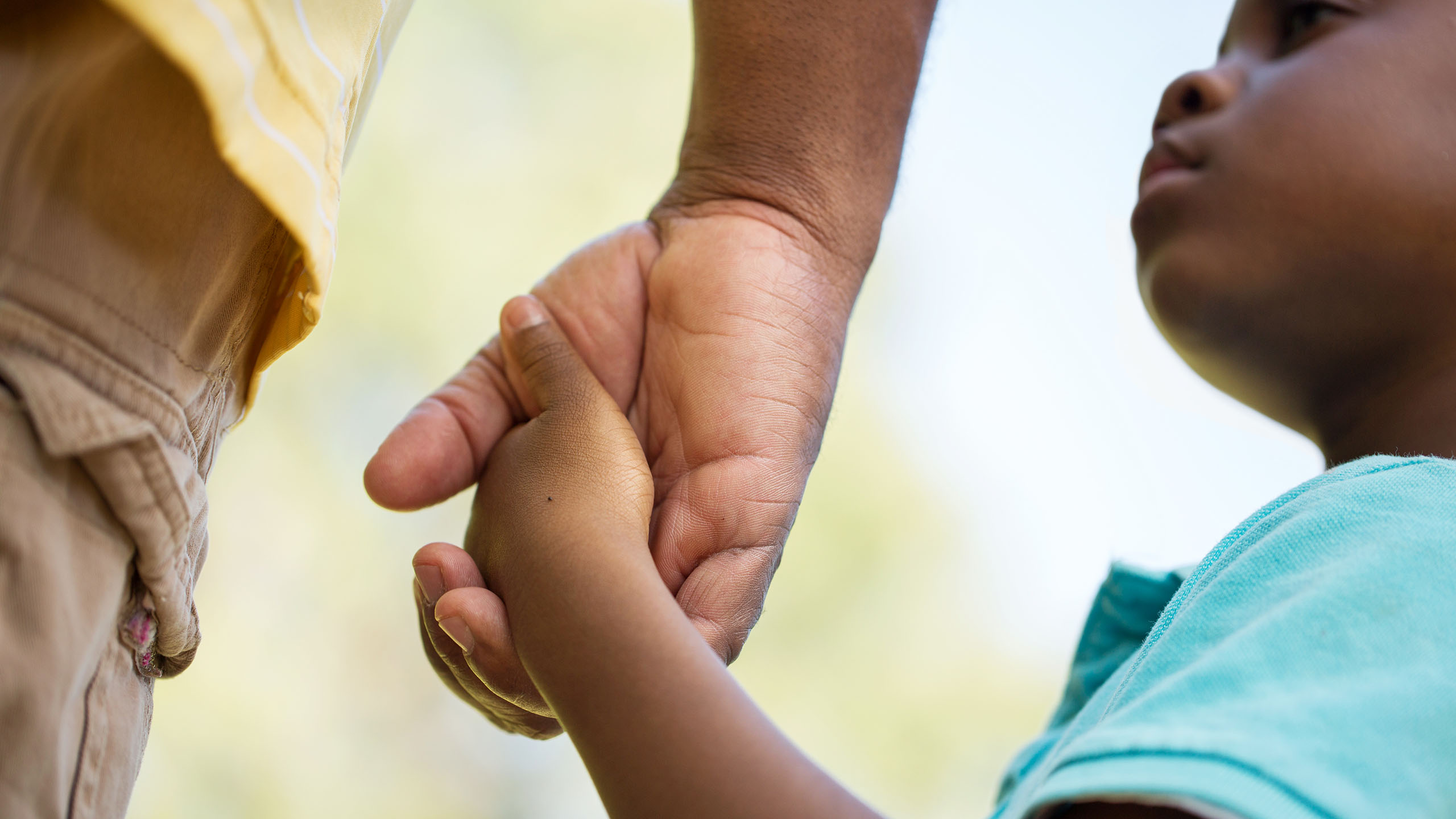How to deal with cases of child protection

When children are supported and monitored by Children’s’ Social Services, this can be for a myriad of reasons, ranging from abuse, exposure to domestic violence, criminal exploitation, child sexual exploitation and much more. The most common reason we tend to see is neglect.
Neglect itself comes in many different forms but it can have profound effects on the children in the family.
To be clear – the vast majority of parents love their children. But in some cases, parents are unable to keep their children safe or provide for them so they thrive and are safeguarded by those who are supposed to be in charge.
When we talk about neglect, this can be physical or emotional. In order to thrive, children don’t just need to be fed and clothed, educated and protected from harm. They also need to feel loved, be cared for, spoken to, nurtured and emotionally developed.
Some parents are unable to keep their children from harm as they may have mental health problems, are preoccupied by domestic violence, afflicted by substance abuse, have physical disabilities that prevent them from caring for their children adequately or simply do not have the understanding or parental skills it takes to raise children, keep them safe and nurture them.
Many children we see in alternative provision and pupil referral units are beyond parental control, a process which started from when the children were very young.

When parents find themselves unable to parent their children effectively, they can display highly risky behaviours by the time they become teenagers.
Trying to get a 15-year-old to confirm when they have been left to their own devices for most of their childhood is a pretty difficult thing to do. All agencies involved can do is to minimise risk and educate the parent and the child as much as possible to prevent them from further harm.
Some of the most common issues we see when it comes to physical neglect are things like children not having access to food in the home and having to rely on school feeding them.
We also frequently buy students new clothing, from shoes to winter coats, if parents are non-responsive when we raise concerns about inadequate clothing or are claiming that their child is refusing to come to school because their shoes are broken.
Many of our students also live in unacceptable housing conditions, such as severe overcrowding, no bedding or sheets or furniture, which means many prefer t spend their time outside with friends or people who don’t have their best interested at heart.
We also often come across parents who don’t take their child to see the GP, the dentist or the optometrist. Parents also sometimes don’t take their child to A&E if they had an injury or an accident. All our key workers have taken some of their key students to various medical appointments at one point or another.

Sometimes parents fail to report their children missing or don’t show any interest in where their child has been whilst they were away.
We also see parents who know that their children are abusing drugs or alcohol but are unable to put strategies in place to manage their behaviours, which often escalate very quickly.
We often also see emotional neglect in families, which has the same causes as physical neglect but can be willful and cruel.
The most common ways parents are emotionally neglectful towards their children is when they show their children no warmth, love or care. The child is ignored, excluded, side-lined from conversations or any parental interaction and the child is made to feel unloved, a perpetual burden to the parent’s lifestyle or goals. Children who have experienced this kind of neglect either withdraw and become sad or – this is when they usually get excluded from their mainstream education, act out in protest to the neglect they’re experiencing.
Either way, addressing and remedying a family situation when it has come this far is incredibly difficult.
Behaviours are entrenched and hard to shift and all social workers and school can do are to try and manage escalating behaviours and keep children safe whilst allowing them to remain with their families.








Very interesting article indeed! This Monday I worked with a Year 6 student with some of the same difficulties mentioned above and quite a challenging behaviour. Sad but true there are many students facing similar situations and their education doesn’t always follow smoothly. As written above I quote: “Behaviours are entrenched and hard to shift.” But hard doesn’t mean impossible and with that extra help and co-operation from parents, Schools, teachers, TA’s and professionals alike who have at heart the education of their young ones, also the most deprived and underprivileged students should and will have a chance to meet their educational goals.
@DavidMontalto you worked in a very difficult role this week and i thought you might find this article interesting!
@peaceonomor Have a read through this 🙂